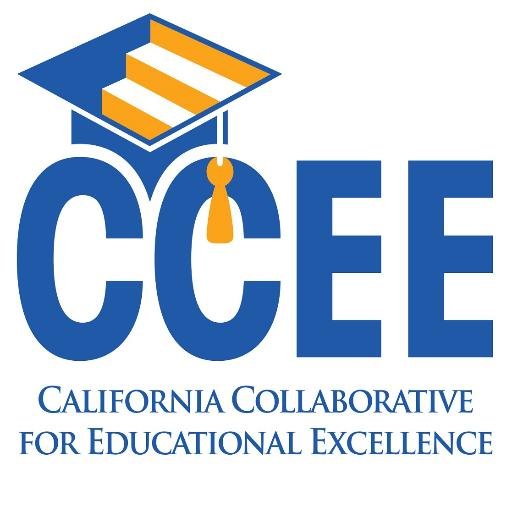In providing a recap of the Distance Learning Consortium’s release of distance learning content, resources and professional development opportunities in July, CCEE executive director Thomas Armelino noted that more than half of the attendees of the July 17 training webinar were teachers.
“That’s really unusual compared to the rest of the resources that we put out,” Armelino said at the CCEE’s Aug. 6 meeting. “It’s clear that teachers are looking for resources. So, we need to do some more work with our folks, thinking about ways we can provide more resources and more tools (for teachers).”
CCEE is currently working with TNTP, formerly known as The New Teacher Project, to offer a series of eight webinars aimed at helping teachers, principals and others plan their instructional response for the 2020–21 school year. Topics will include ways of increasing student engagement in virtual delivery and understanding a learning acceleration and a remediation approach.
Until now, many local educational agencies have understandably been focused on ensuring students were fed and their social-emotional needs met. It is vital now that LEAs prioritize instruction to ensure students do not fall further behind, said L. Karen Monroe, CCEE board member and Alameda County Superintendent.
“I think that we’re all going to need to figure out a way to make that pivot fairly soon so that as we get to the other side of this, it will ensure that, there’s going to be loss no matter what, but that it isn’t as catastrophic as it might otherwise be,” Monroe said.
2020–21 goals will remain flexible due to COVID-19 challenges
In detailing the four main priorities for the 2020–21 year, Armelino underscored the need to be thoughtful and focused, but noted that in light of current events, these goals must be fluid as CCEE will need to be responsive to change and meet districts where they are.
CCEE board member and superintendent of Palm Springs Unified School District Sandra Lyon echoed the importance of providing both targeted as well as broad-based supports to schools, but more importantly, being responsive to the situations that LEAs are dealing with throughout the state.
“As a sitting superintendent I can tell you we are in a landscape as you well know that we’ve never been in, and we don’t know what we don’t know yet,” Lyon said. “It makes me feel very optimistic to see, as we pull this system of support together and we think about how we advance what we know to be best practices in a very changing landscape, that we’re showing what it is to take something that could be very static and make it very dynamic and responsive.”
This year’s goals are to provide districts and county offices of education with:
- Direct technical assistance: Support LEAs currently receiving direct technical assistance and address the expansion of this support to other LEAs in need.
- Professional learning: Identify, expand and develop professional learning resources focused on high priority topics that emerge throughout the school year to build LEA capacity and improve student outcomes.
- System of Support: Facilitate the development and implementation of structures, relationships and processes to support the expansion of the System of Support for LEAs.
- Research and development: Design and implement strategies and initiatives to share lessons learned from the CCEE’s work and best practices from the field.
Speaking to the second goal, CCEE vice chair Tim Sbranti said that, from the perspective of the classroom teacher, there are four areas in which additional assistance would be appreciated. First, identifying and highlighting some of the best practices in alternative assessments to identify and address learning loss.
Second, because it will be more difficult than ever to cover every standard through current lesson delivery models, teachers need support in identifying the most essential standards. Third, while acknowledging the need to provide instructional support, Sbranti noted that educators still need help to provide critical social-emotional and mental health supports in an online environment.
Lastly, many experienced educators are now being required to use learning management systems such as Canvas and Google Classroom for the first time through distance learning. Though it is not CCEE’s role to teach educators how to navigate these systems, Sbranti said the agency could play a role in “partnering with entities and making sure that some of those best practices in how to manage those learning management systems” are available.
“The extent to which CCEE can play a role in those specific areas, I know would make a difference in this short-term environment,” he said.
The CCEE’s next board meeting is scheduled for 9 a.m., Dec. 3, 2020.



